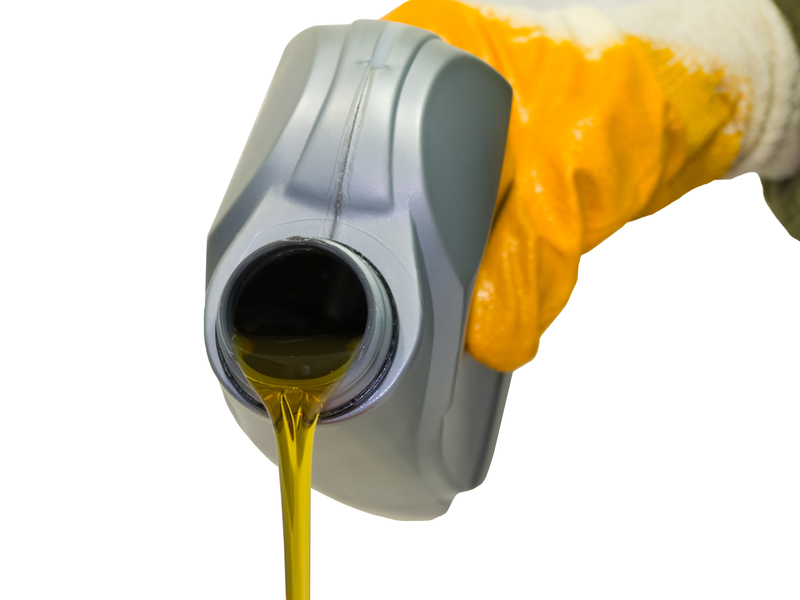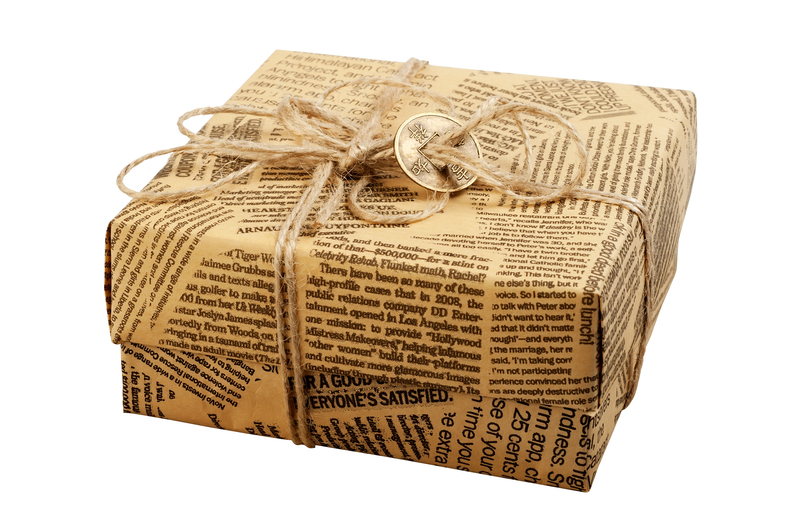Composting is an environmentally friendly method of recycling organic waste into valuable fertilizer, known as compost. Not only does it reduce the amount of waste sent to landfills, but it also enriches soil and promotes healthier plant growth. Whether you have a sprawling backyard or a small balcony, you can start composting today. This guide will walk you through the steps to start composting and offer tips, pros, and cons to consider.
What is Composting?
Composting is the process of breaking down organic materials, such as food scraps and yard waste, into a rich soil amendment called compost. Microorganisms, insects, and worms play a crucial role in decomposing this material. The resulting compost is nutrient-rich and can be used to improve soil quality.

Why Compost?
Composting has several benefits:
- Reduces waste sent to landfills.
- Decreases greenhouse gas emissions.
- Saves money on fertilizer and soil amendments.
- Improves soil structure and health.
- Promotes sustainable gardening practices.
Types of Composting
There are several methods for composting, including:
- Cold Composting: This method requires minimal effort and involves piling organic materials in a bin and letting them decompose naturally over time.
- Hot Composting: This technique requires regular turning and management of the compost pile to maintain high temperatures, which speeds up the decomposition process.
- Vermicomposting: This method uses worms to break down organic matter, producing high-quality compost known as worm castings.
- Trench Composting: Involves digging trenches and burying organic waste directly in the soil.
How to Get Started with Composting
Follow these steps to begin composting:
1. Choose a Composting Method
Select a composting method that suits your lifestyle, available space, and the amount of waste you generate.
2. Select a Container
If you opt for hot or cold composting, you will need a compost bin or pile. For vermicomposting, use a worm bin. Make sure the container is appropriately sized for the volume of waste you expect to generate.
3. Gather Materials
You will need a mix of 'green' and 'brown' materials:
- Green Materials: Include fruit and vegetable scraps, coffee grounds, grass clippings, and plant trimmings.
- Brown Materials: Include dried leaves, straw, paper, and cardboard.
4. Build Your Compost Pile
Layer green and brown materials in your compost bin or pile. Aim for a 4:1 ratio of brown to green materials to balance carbon and nitrogen levels. This ratio helps break down materials effectively.
5. Maintain Your Compost Pile
Turn your compost pile regularly to ensure proper aeration. Add water if the pile appears dry, and cover it to retain moisture. Within a few months, you should begin to see dark, crumbly compost forming.
Tips for Effective Composting
- Chop or shred large materials to speed up decomposition.
- Avoid adding meat, dairy, oils, or pet waste to your compost pile.
- Maintain a balance of green and brown materials.
- Turn the pile regularly to aerate and mix the materials.
- Monitor moisture levels to keep the pile damp but not waterlogged.
Pros and Cons of Composting
Pros:
- Reduces waste and landfill use.
- Produces nutrient-rich soil amendment.
- Promotes sustainable waste management.
- Improves garden and lawn soil quality.
- Can be done in both urban and rural settings.
Cons:
- Requires time and effort for maintenance.
- Can attract pests if not managed properly.
- May produce odors if not balanced properly.
- Initial setup can be cost-intensive (for bins, worms, etc.).

Takeaways
- Start by selecting the right composting method for your needs and space.
- Use a mix of green and brown materials to create a balanced compost pile.
- Regularly maintain and monitor your compost pile for better results.
- Recognize the benefits of composting, but also be aware of the potential challenges.
Conclusion
Getting started with composting is a rewarding and eco-friendly way to manage organic waste. By following these steps and tips, you can create nutrient-rich compost that will benefit your garden and the environment. Although there are some challenges to consider, the advantages far outweigh the drawbacks. Start composting today and join the movement towards a more sustainable and green future.
